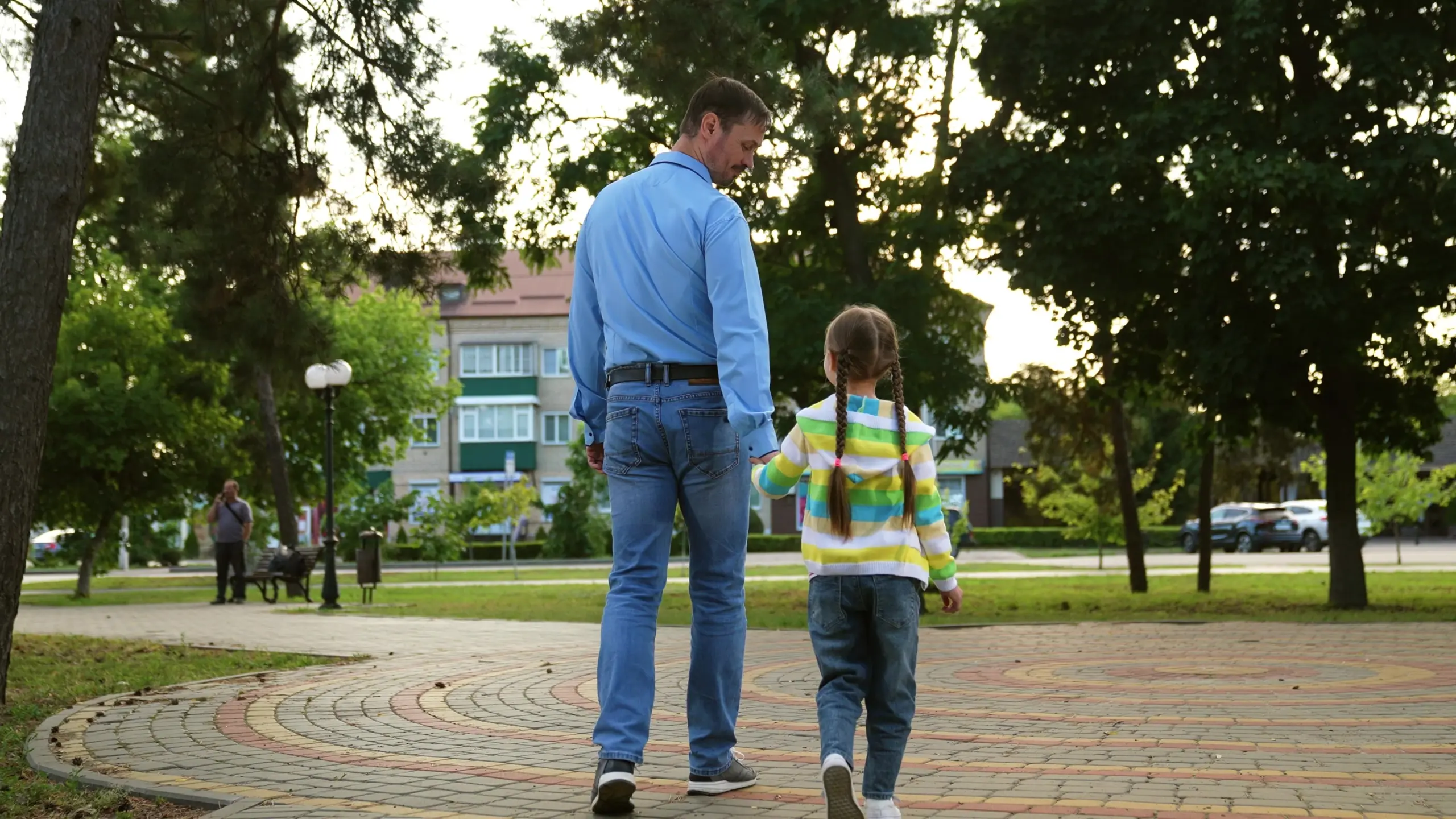How to Talk to Your Kids About Your Addiction
TL;DR
This article explains how to talk to your children about your addiction with honesty, clarity, and emotional safety. These quick links will take you to each section:
Beginning
As a parent in recovery, one of the bravest things you can do is talk to your kids about your addiction. You might be worried about what to say, how much to share, or how they will react. This conversation can be a turning point, a time when you get back honesty, connection, and trust. It won’t be perfect, but it can be a turning point.
We at Deluxe Treatment Center think that telling your family the truth is a part of healing, not just for you but for everyone who cares about you.
Why This Talk Is Important
Kids see more than we think. They can tell when the mood, routine, or presence changes. When someone is addicted, silence or half-truths can make things more confusing, scary, or blameful. Talking about your fears can help lessen them. It teaches your kids that you value their honesty and that getting better doesn’t mean hiding; it means growing.
It’s not enough for you to just explain; you also need to help them understand and feel safe again.
Choosing the Right Time and Words
Choose a time when you are calm and stable emotionally. A quiet evening after dinner with few things to do is a good place to start. Think about this: Am I in the right frame of mind? Am I not under a lot of stress right now?
Use words that are easy to understand and appropriate for the age group. You could say this to younger kids:
“I was sick for a while because I needed help stopping something that was hurting me.” I’m getting that help so I can be here for you and feel better.
You can go into more detail with older kids or teens. Talk about addiction, treatment, and what recovery means for the family. Being clear and kind is the most important thing. Don’t give them too much information at once.
What to Share and What to Keep Safe

This is how to protect yourself while being open:
Tell them the basics: “I had trouble stopping something that was hurting me.”
Take responsibility: “It wasn’t your fault. My problem is my own.”
Explain recovery: “I’m getting help so I can feel better.”
Ask questions: “Do you have any questions for me?”
You don’t have to tell everyone about every trigger, every painful truth, or every memory from the past. Being honest is just as important as keeping your kids emotionally safe.
Calming Them Down and Talking About Their Fears
Kids often have worries they don’t talk about: Are you going to leave again? Is it my fault? Are you going to be okay?
Be sure to say clearly:
“Don’t blame yourself for this. You didn’t do it, and you can’t fix it. I’m getting help and changing things because I love you and want to be there for you.”
Tell them you’re serious about making changes and that they can talk to you about it whenever they want.
Encouraging Talk Over Time
One talk won’t do the trick. Your kids will have new questions as things change, and recovery is a process that never ends. Make this a normal part of your family’s life. Ask them how they’re doing, what they’ve noticed, and let them know you’ll be there the next day and the day after that.
They stop wondering if you’ve really changed when they see you working hard all the time. They start to believe it.
When You Need Help
You don’t have to do this by yourself. You and your kids can get help with these talks from family therapy, support groups, or a counselor. We think it’s important for family members to be involved in the healing process at Deluxe Treatment Center so that everyone can grow together.
Don’t be afraid to ask, “Who can help my child understand this?” If I’m not sure how to explain something, who can I talk to?
Conclusion
It’s hard to talk to your kids about your addiction, but it’s one of the most important things you can do to get better. You don’t need to be perfect; you just need to be there, be honest, and be willing to keep coming back.
We at Deluxe Treatment Center are here to help you and your family every step of the way. It’s not just about you getting better; it’s also about your family getting better with you.
Learn more about programs that support families during recovery at Deluxe Treatment Center.
You can also explore mental health insights on Verywell Mind.